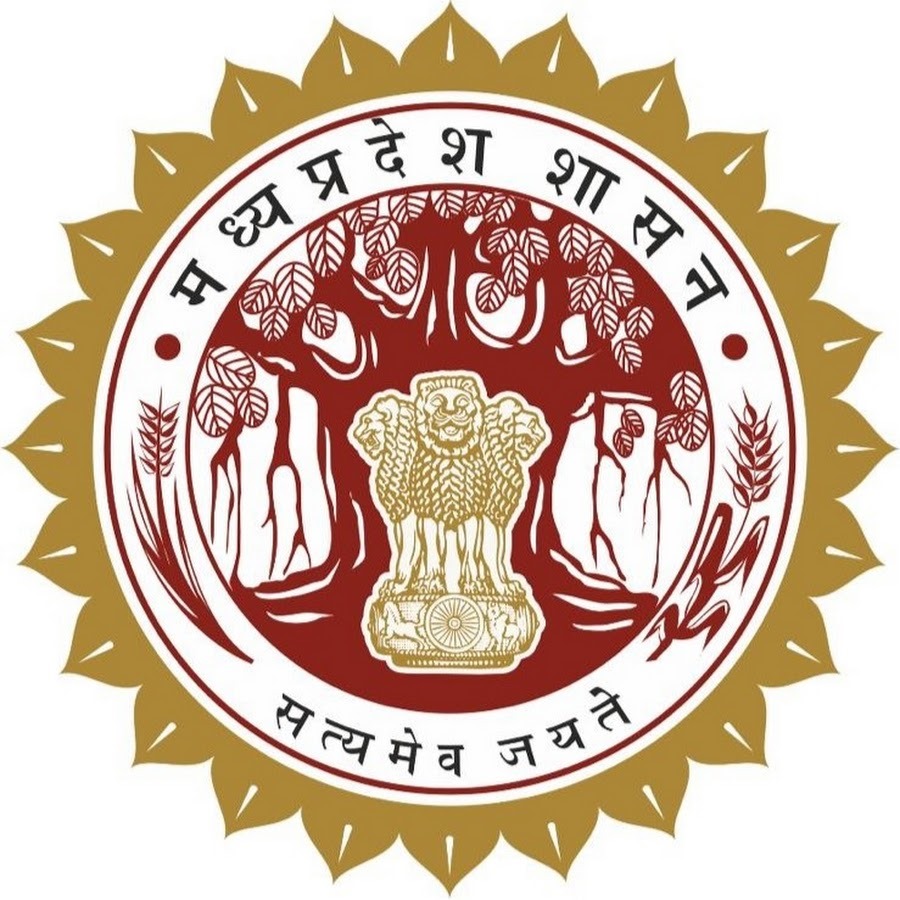CNN Central News & Network–ITDC India Epress/ITDC News Bhopal: Orientation Program on Eye Health Conducted for Health Employees and Officials The Office of the Chief Medical and Health Officer, Bhopal, organized an orientation program for health employees and officials focused on identifying eye diseases, recognizing early symptoms, and understanding treatment protocols. The session provided detailed insights into the clinical features, management, and referral processes for various eye conditions. Information about the process of eye donation and related myths was also shared.
The workshop covered a range of topics, including symptoms of cataracts, refractive errors, low vision, blindness, conjunctivitis, glaucoma, eye injuries, and trachoma. Participants were also educated on eye care practices and a balanced diet beneficial for eye health. The proper use of vision charts was demonstrated, emphasizing that individuals experiencing difficulty seeing objects clearly at distances of 3 meters or less than 35 centimeters should consult a doctor for corrective glasses. Participants were urged not to use eye drops without medical advice.
Addressing the session, Chief Medical and Health Officer Prabhakar Tiwari highlighted the initiatives under the National Blindness Control Program, such as free cataract surgeries, corneal transplants, free eye examinations for schoolchildren, and distribution of spectacles. In Bhopal district, mobile vans provide free eye check-ups within communities. Under the National Child Health Program, medical teams visit schools and Anganwadi centers to screen for eye conditions. Treatments for congenital eye defects like cataracts and squint are offered free of charge.
Eye specialist Dr. Mayank Gupta provided an in-depth explanation of eye anatomy and care. He noted the rising prevalence of myopia (nearsightedness) in children due to increased screen time. He recommended limiting the use of digital devices and adopting the 20-20-20 rule—resting the eyes for 20 seconds after every 20 minutes of screen time.
Director Aishwarya Raghuvanshi emphasized the importance of regular eye check-ups to prevent severe eye diseases. A diet rich in leafy greens, carrots, citrus fruits, and vitamins A, C, and E, along with eye exercises, adequate sleep, and rest, is essential for maintaining good eye health.
The workshop also included a detailed explanation of the eye donation process. The Health Department is actively promoting awareness and encouraging individuals to register for eye donation. Interested donors can obtain more information and register voluntarily by calling the National Helpline Number 1800-114-770.
#HealthOrientation #HealthcareTraining #EyeCareWorkshop







